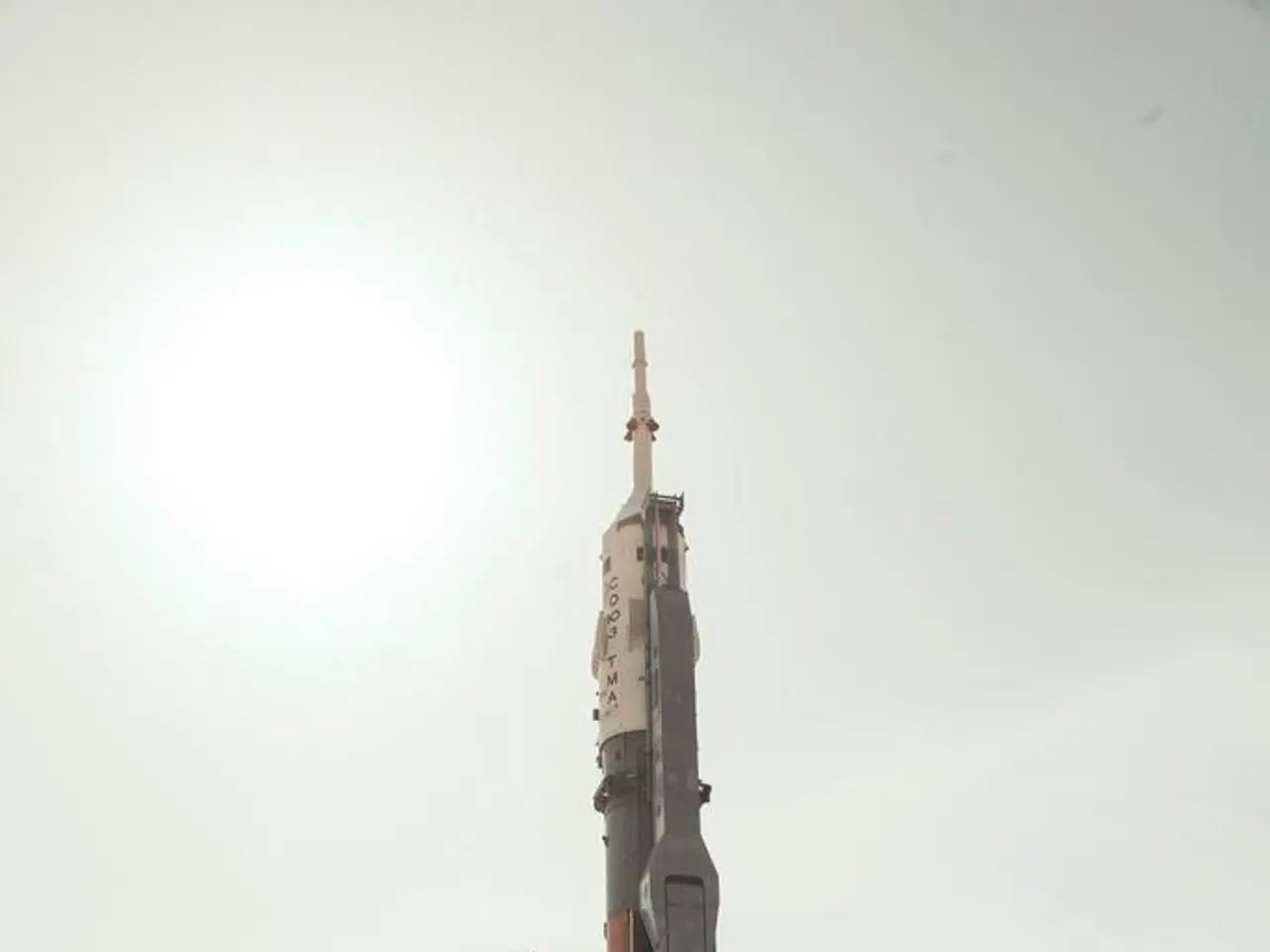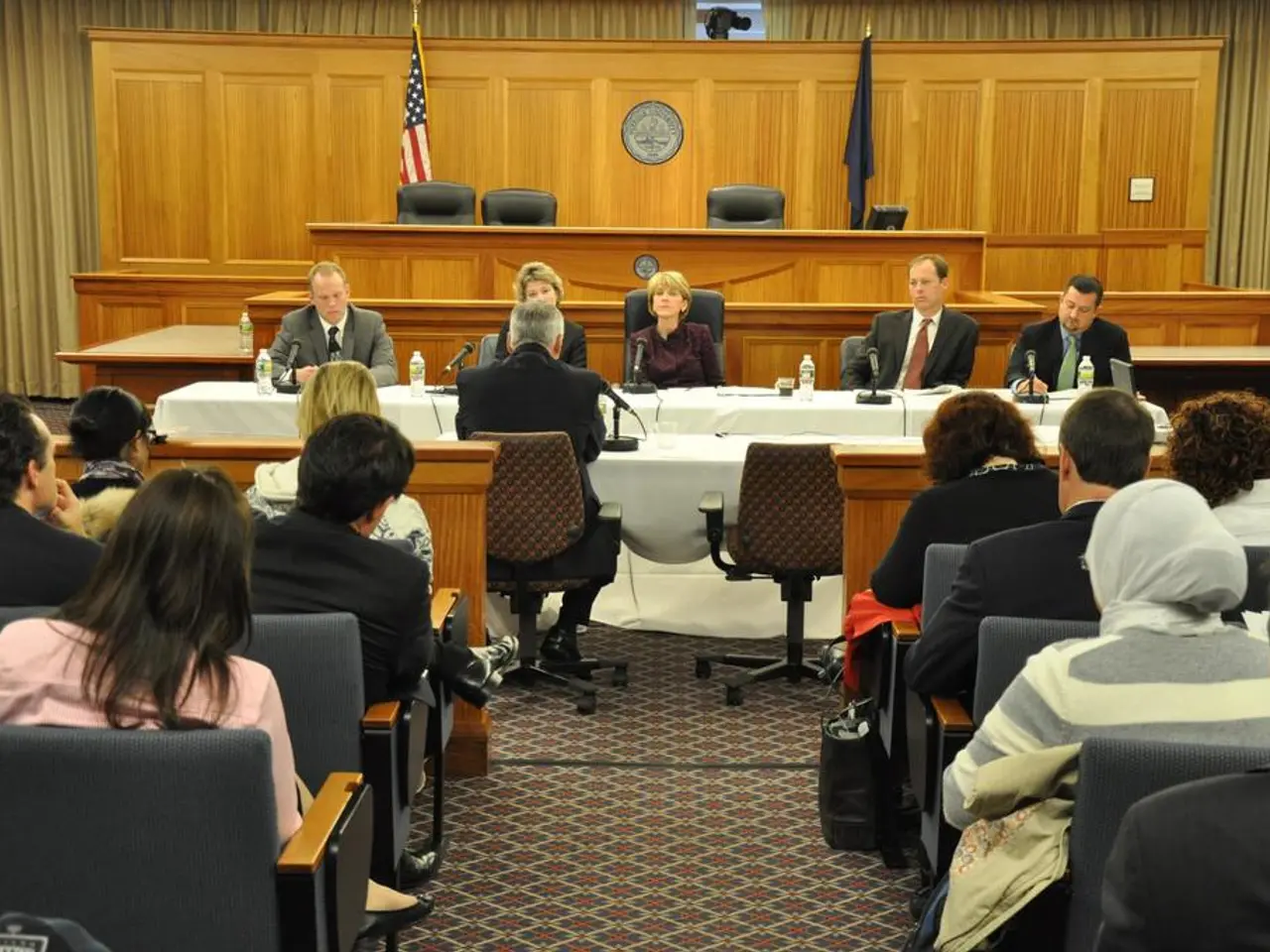Thousands of NASA Workers Resign under Trump Buyout Program
Since President Trump took office, NASA has been grappling with significant staff losses due to cost-cutting programs implemented by the administration. Nearly 4,000 NASA employees have taken a “deferred resignation” option, which allows them to remain on paid administrative leave but reduces NASA’s active workforce by more than 20%.
This substantial reduction in personnel has raised concerns about NASA’s capacity to maintain its missions and achieve key goals. A smaller workforce could limit the agency’s ability to manage complex programs and carry out scientific and exploratory projects effectively.
Keith Cowing, an astrobiologist and former NASA employee, argues that it will be difficult to build upon NASA’s critically weakened foundation. He predicts that the consequences of gutting NASA and other core institutions of American science and technology will become apparent soon, and there will be a need to fix the situation.
The demographics of the 3,000 employees who are leaving NASA in the second round of the deferred resignation program have not been disclosed. However, it is anecdotally observed that many of the departing employees are senior personnel, which could significantly impact specific offices or mission directorates within NASA.
Safety remains a top priority for NASA as it balances the need to become more streamlined and efficient with its pursuit of a "Golden Era" of exploration and innovation. The agency is under pressure to return to the Moon before China and ensure that the first human on Mars is an American, ambitious goals set by the Trump Administration.
However, budgetary constraints could hamper these efforts. NASA noted that these figures are subject to change, but the staff reductions are part of broader budget cuts and savings measures initiated by the Trump administration. These cuts have also led to the departure of key senior scientists and have affected NASA’s overall operational capabilities.
In addition to personnel losses, there have been administrative decisions such as withholding major climate change reports from NASA’s website, which indicate a shift in priorities that may impact the agency’s mission focus. A document titled "The Voyager Declaration" was submitted to the newly appointed acting administrator Sean Duffy, arguing that recent changes to NASA threaten to waste public resources, compromise human safety, weaken national security, and undermine the core NASA mission.
Sean Duffy, the newly appointed acting administrator of NASA, sent an agency-wide memo thanking the employees who opted to resign for their service. Duffy’s memo expressed gratitude for the contributions of the departing employees, stating that their work has helped shape NASA’s legacy of discovery and innovation. However, it also acknowledged that the departing employees are either continuing their journey within NASA or taking their next step beyond, implying that some employees will remain with the agency.
In summary, the key concerns about NASA’s ability to fulfill its mission stem from a loss of over 20% of its workforce due to deferred resignation and early retirement incentives, impacting staffing levels and expertise. Budgetary constraints and administrative policies could further hamper the agency’s ability to carry out its traditional roles in space exploration, scientific research, and climate monitoring under the Trump administration’s policies.
- The substantial reduction in NASA's active workforce due to cost-cutting programs could limit the agency's ability to manage complex programs and carry out scientific and exploratory projects effectively in the future.
- Keith Cowing, an astrobiologist and former NASA employee, predicts that the consequences of gutting NASA, a core institution of American technology, will become apparent soon and there will be a need to fix the situation.
- The demographics of the 3,000 employees who are leaving NASA in the second round of the deferred resignation program have not been disclosed, but it is observed that many of the departing employees are senior personnel, which could significantly impact specific offices or mission directorates within NASA.
- In the general news, there have been concerns about NASA's capacity to maintain its missions and achieve key goals due to staff losses, budgetary constraints, and administrative policies that may impact the agency's mission focus, such as withholding major climate change reports from NASA’s website.
- With the Trump Administration setting ambitious goals like returning to the Moon and ensuring the first human on Mars is an American, and the potential impacts of the staff losses and budget cuts on NASA, the role of policy and legislation in the future of space-and-astronomy, technology, and science becomes increasingly important.





